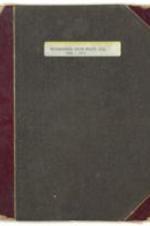Neighborhood Union Collection
Neighborhood Union Collection
Neighborhood Union Collection
Neighborhood Union Collection
Neighborhood Union Collection
Neighborhood Union Collection
Neighborhood Union Collection
Neighborhood Union Collection
Neighborhood Union Collection
Neighborhood Union Collection
Neighborhood Union Collection
Neighborhood Union Collection
Neighborhood Union Collection
Neighborhood Union Collection

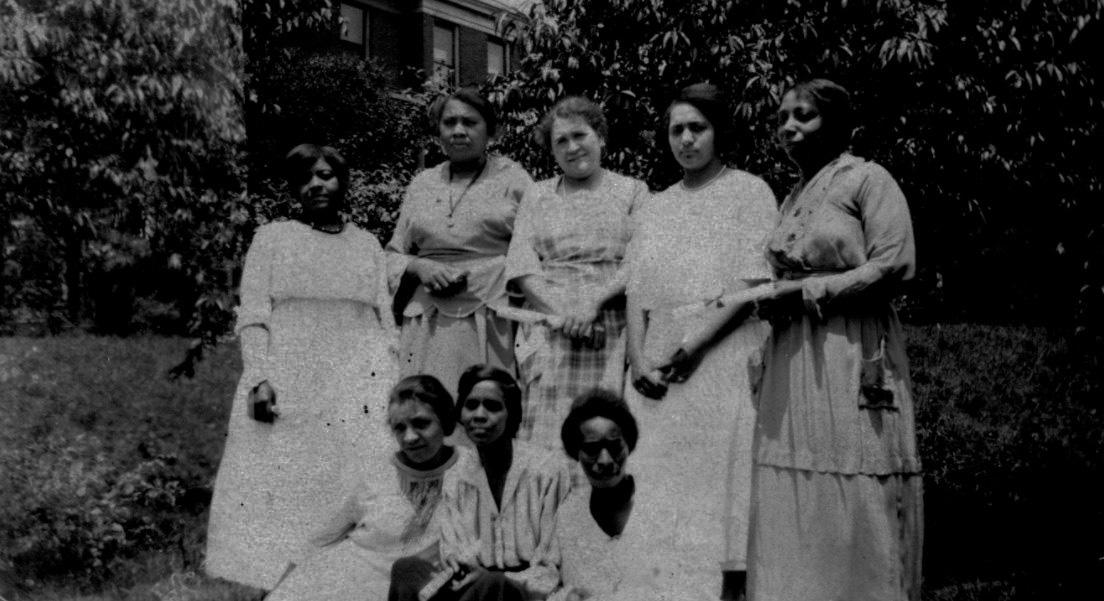
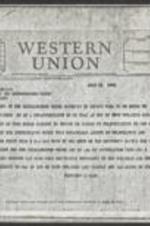
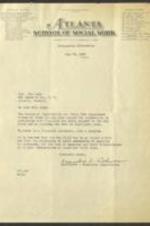
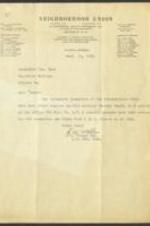



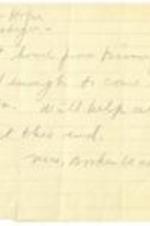


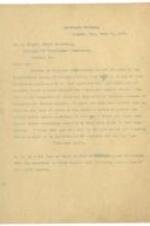


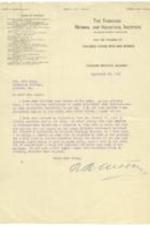


![Correspondence between [Henry L. Morehouse] and Miss H. R. Watson praising a Spelman girl. 1 page.](https://radar.auctr.edu/sites/default/files/styles/list_card_image/public/externals/07eaae2f4bcd7bcbe3d90e05922f047b.jpg?itok=SEHDkmrm&pid=auc.050:0253&iic=true)
